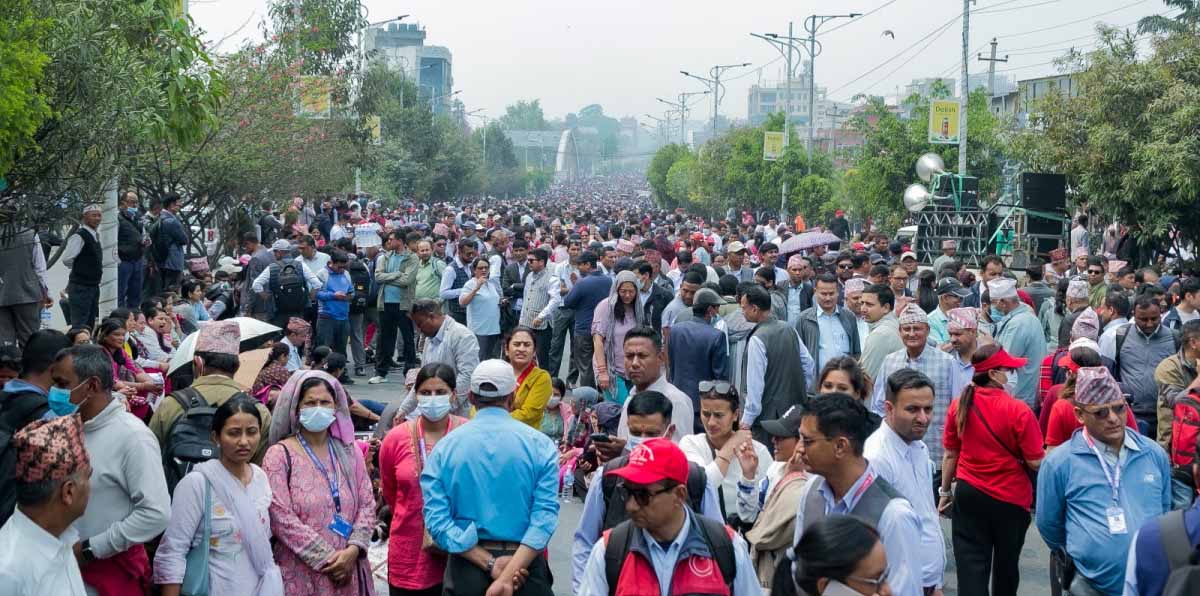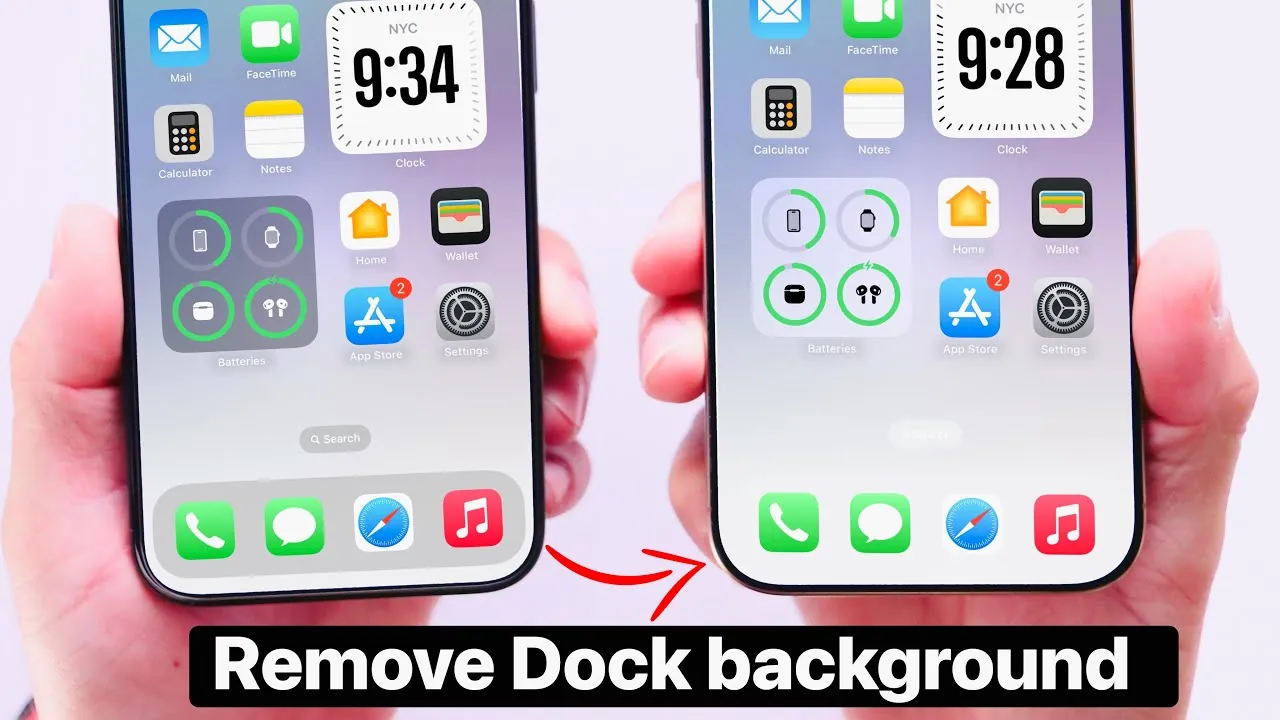The rising number of missing persons and inefficiencies in emergency response systems across different regions of the world are becoming grave concerns in recent times. The challenges they pose have also inspired some innovative outfits to seek sustainable solutions. One of such outfits is Alerte, a tech and innovative company, with focus on finding solutions to make life livable for people.
Founded by Nigeria’s James Useghan, Alerte, a groundbreaking application recently launched in the United Kingdom and Lagos. With a vision to revolutionize how emergencies are managed globally, Alerte integrates AI-powered assistance and consent-based location-sharing to provide real-time, personalized support for those in urgent need. The inspiration behind Alerte was deeply rooted in the challenges of emergency management.

Across the world, families and communities experience devastating delays when searching for missing loved ones or seeking immediate help. Traditional emergency hotlines often become overwhelmed with non-urgent calls, leading to slower response times for real crises. This is especially true in countries like the UK and Nigeria, where emergency services are frequently clogged with inquiries that are not time-sensitive.
Recognizing these issues, Useghan set out to develop an innovative platform that not only streamlines emergency communication but also ensures that help is directed to the right place at the right time. Alerte is designed to address these challenges by providing a platform where users can send alerts with just a single click. Unlike traditional emergency hotlines that rely on verbal communication, which can sometimes be slow or unclear, Alerte utilizes AI technology and geolocation services to instantly notify emergency contacts and authorities.
The system prioritizes accuracy and speed, dynamically identifying the nearest and most relevant responders based on the user’s location and type of emergency. A major concern in developing an app of this nature was balancing user privacy with the need to share critical information in emergencies. Alerte ensures that all data is shared based on explicit user consent, maintaining a high standard of privacy while still allowing rapid response when needed.
During an emergency, only authorized contacts and responders can access the necessary details, and all information is encrypted for security. The above approach places control firmly in the hands of the user, while distinguishing Alerte from other emergency response applications that may not provide the same level of discretion. While there are various emergency alert apps available, Alerte stands out due to its unique combination of AI-driven assistance and privacy-conscious location sharing.
The AI chatbot within the application is designed to provide immediate guidance to users, helping them navigate emergencies before professional responders arrive. By offering real-time, empathetic, and personalized support, Alerte creates a more human-centric approach to crisis management. However, the app’s reach extends beyond urban centers and digitally advanced communities.
Alerte recognizes that people in rural and underserved areas often face the most difficulty in accessing emergency services. To bridge the gap, the company has implemented several strategic initiatives. One of these is the deployment of on-ground representatives—community volunteers who serve as “foot soldiers” to spread awareness and provide direct assistance in regions with limited technological access.
Additionally, the app has been designed with a lightweight structure, ensuring functionality even in low-connectivity areas. Publicity campaigns and collaborations with local organisations further strengthen Alerte’s mission to be accessible to all, regardless of technological barriers. Although Alerte currently operates independently, the company is actively working toward integrating its platform with government and private emergency response systems.
While these partnerships develop, Alerte empowers individuals to take immediate action by allowing them to alert their own emergency contacts first. This system ensures that even before professional responders arrive, those in distress have a reliable safety net in place. Looking ahead, Alerte has ambitious plans for growth.
Within the next five years, the company envisions becoming a global leader in emergency response technology. Future updates may include predictive analytics, which would allow the app to anticipate potential safety risks and provide proactive solutions. Additional features such as multilingual support would expand Alerte’s accessibility across different regions, while integration with wearable devices could enable real-time health monitoring, and offer even greater protection for users.
Alerte represents more than just an app; it is a movement toward smarter, faster, and more inclusive emergency response systems worldwide. By harnessing technology and community-driven solutions, Useghan and his team have created a tool that not only saves lives but also fosters a culture of collective safety and preparedness. As the platform continues to evolve, it promises to reshape the landscape of emergency management for years to come.
.
Technology

Alerte: Revolutionising emergency response with AI, community-driven solutions

The rising number of missing persons and inefficiencies in emergency response systems across different regions of the world are becomingread more Alerte: Revolutionising emergency response with AI, community-driven solutions















